Nigeria
Nigeria’s president Muhammadu Buhari on Thursday signed into law a bill increasing the country’s minimum wage to 30,000 naira ($98) from 18,000, Ita Enang, a senior special assistant to the president on the National Assembly said.
The cost of living has become a key issues for many in Africa’s most populous nation, where most people live on less than $2 a day. Unions went on strike last year over the minimum wage, initially demanding a rise to 50,000 naira a month.
Inflation in Nigeria stood at 11.25 percent in March.
“President Muhammadu Buhari has assented to the Minimum Wage Repeal and Enactment Act 2019,” said Enang.
The new rate, which Enang said comes into law immediately, is applicable to both the private and public sector, but smaller businesses which employ fewer than 25 people would be exempt.
Victory for Nigerians
The government had previously argued that many of Nigeria’s 36 states struggle to meet existing salaries. Unions said when launching industrial action last year that a review was needed, however, as none had been carried out in seven years.
Nigerian states receive monthly allocations from the federal government coffers, but many states have not paid public sector workers for months, citing the economic downturn.
The last increase was in 2011, when wages were more than doubled, from 7,500 to 18,000 naira.
Agencies



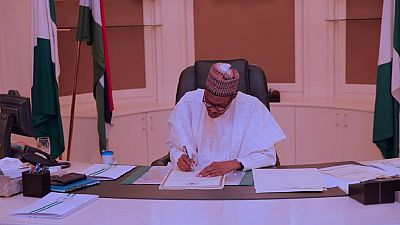


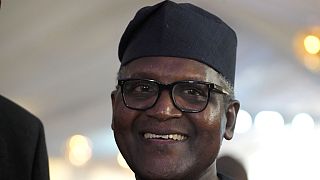
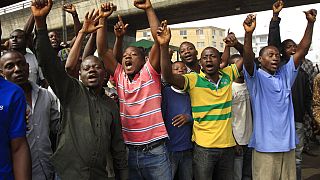
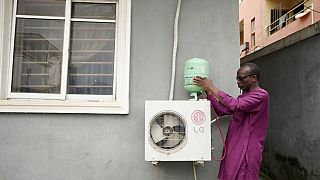
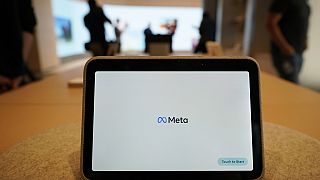

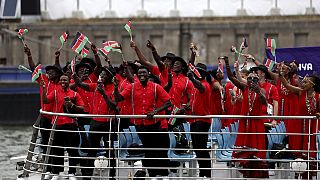


11:10
Morocco under Mohammed VI : A model of African progress? [Business Africa]
00:58
UAE lifts 2022 visa ban on Nigerians
00:46
Nigerian court says it will begin hearing Binance tax evasion case in October
02:20
Abuja Dance and arts festival 2024
02:26
Nigerians still grapple with unrelenting power shortages
00:58
Nigeria: Suspected female suicide bombers kill at least 18- Authorities